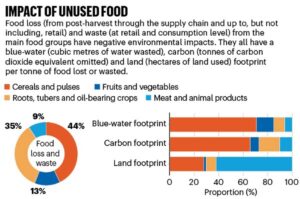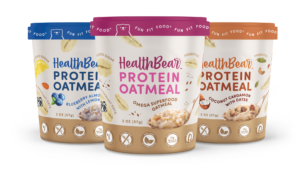African Farmers Seeking Assistance for Climate Resilience
Global warming is top of mind as of late, as we see reports of record breaking temperatures dot the globe. The sad truth is, the population emitting the least and destroying the land the least are rural farmers who are attempting to farm the land as their ancestors had before them and sadly realize our planet is becoming too broken farm.
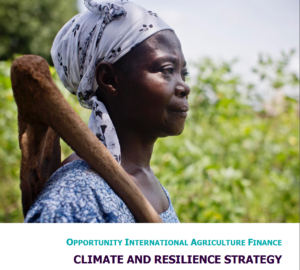
At Health Bear, our vision is ‘To make the world a more sustainable and equitable planet for all living things through plant based food’. Disadvantaged and impoverished farmers are experiencing life in the exact opposite way as our vision states! That is why we give to Opportunity International‘s Agricultural Finance Fund to find ways to assist in developing solutions.
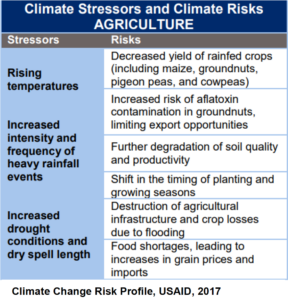 Beginning in August 2023, 2,500 families in Southern Malawi will receive assistance and training to build resilience against climate change with Opportunity International guiding the way. Reducing vulnerability begins with irrigation projects, financial management, regenerative farming and gender equity training. Regenerative Agricultural practices on depleted soil and irrigation, along with implementing contemporary agricultural technologies such as Light Detection ad Radar technologies (LiDAR) will equip farmers with the tools they need to manage the challenge of a changing climate. Next, Opportunity will continue to fortify the farmers by organizing a Village Savings and Loan Association, which offers them financial literacy training and organizes group purchase agreements to further strengthen their positions.
Beginning in August 2023, 2,500 families in Southern Malawi will receive assistance and training to build resilience against climate change with Opportunity International guiding the way. Reducing vulnerability begins with irrigation projects, financial management, regenerative farming and gender equity training. Regenerative Agricultural practices on depleted soil and irrigation, along with implementing contemporary agricultural technologies such as Light Detection ad Radar technologies (LiDAR) will equip farmers with the tools they need to manage the challenge of a changing climate. Next, Opportunity will continue to fortify the farmers by organizing a Village Savings and Loan Association, which offers them financial literacy training and organizes group purchase agreements to further strengthen their positions.
Opportunity has mapped out a multi-year plan to continue to offer lasting change and resilience to climate change for impoverished rural farmers. This is precisely why Health Bear supports their Agricultural Finance Fund with special events fundraising, speaking engagements and an option for customers to give at checkout at HealthBearFood.com
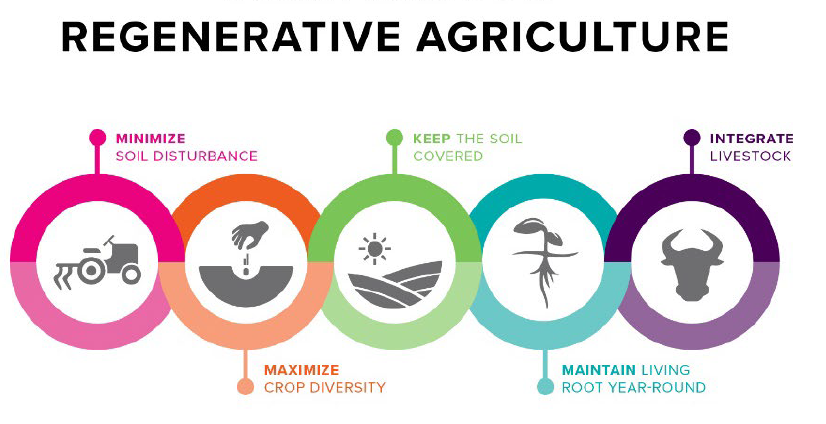 There are ways for you to get involved. Fill out the form below and we will be in touch. Or if you’d prefer, contact Health Bear’s Philanthropic Advisor Johana Mahal at jmahal@opportunity.org
There are ways for you to get involved. Fill out the form below and we will be in touch. Or if you’d prefer, contact Health Bear’s Philanthropic Advisor Johana Mahal at jmahal@opportunity.org

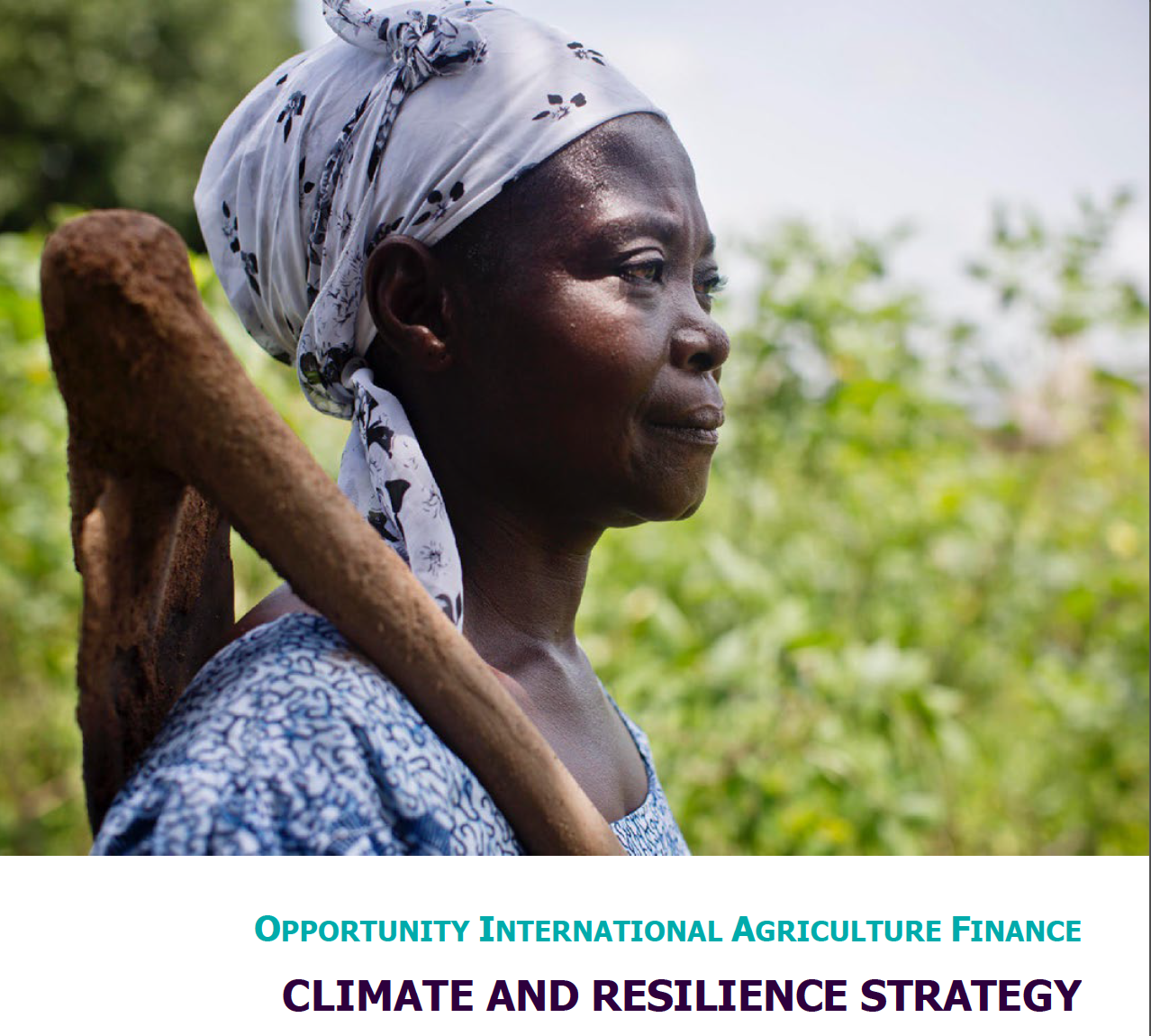



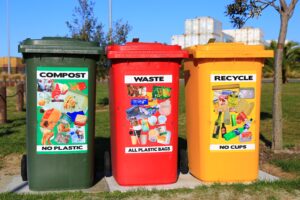


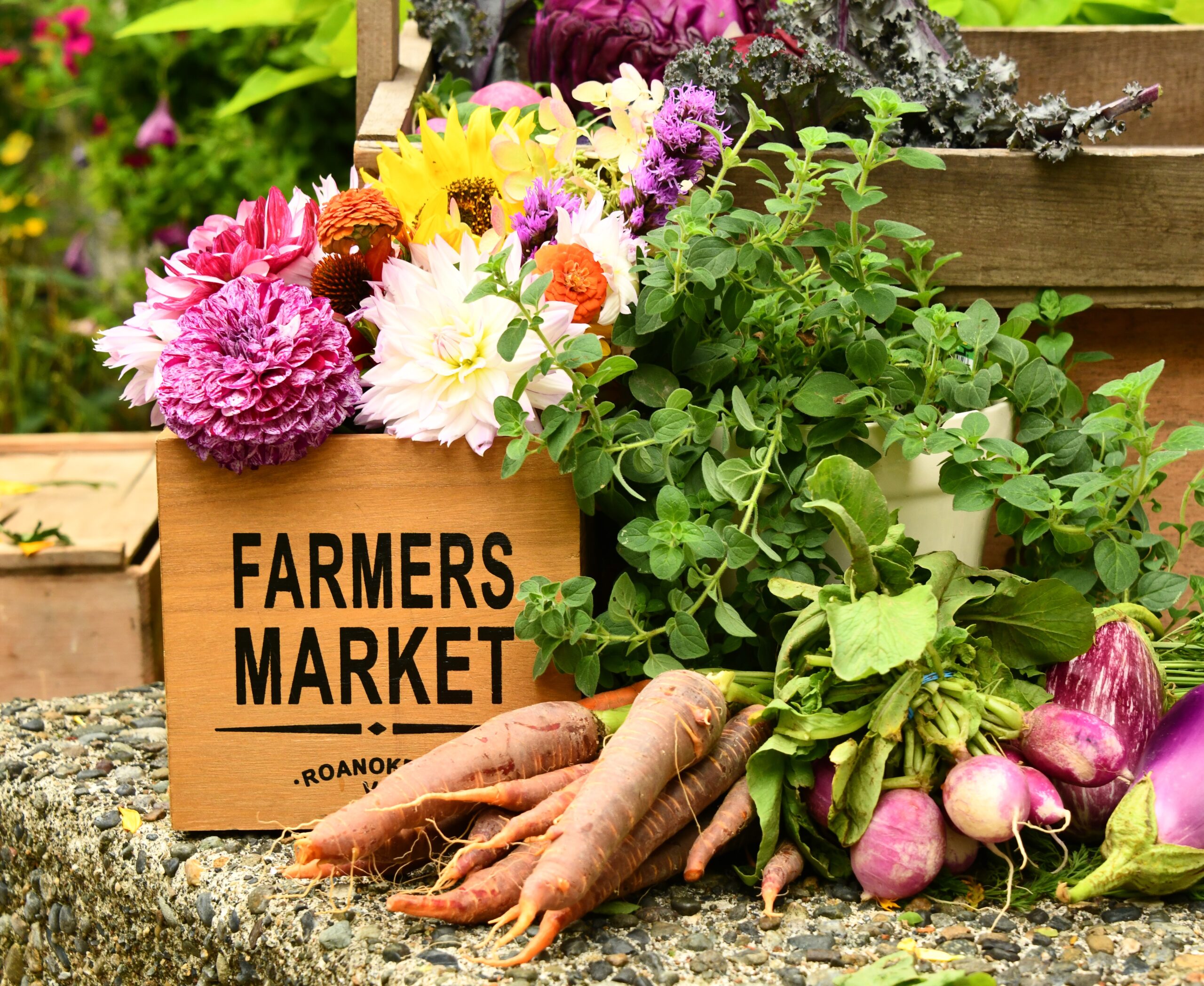
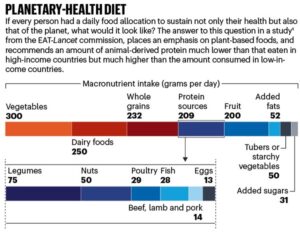
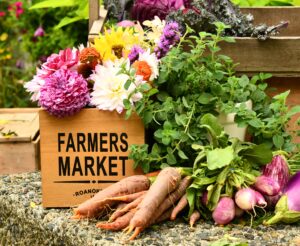 Organic farms will, by definition, be adding nutrients to the soil by means of their organic farming techniques. Learning about their holistic practices will inspire you to continue subscribing to the concept of The Regenerative Diet. Meanwhile, you will be taking home produce with higher nutritional contents than conventionally grown produce.
Organic farms will, by definition, be adding nutrients to the soil by means of their organic farming techniques. Learning about their holistic practices will inspire you to continue subscribing to the concept of The Regenerative Diet. Meanwhile, you will be taking home produce with higher nutritional contents than conventionally grown produce.